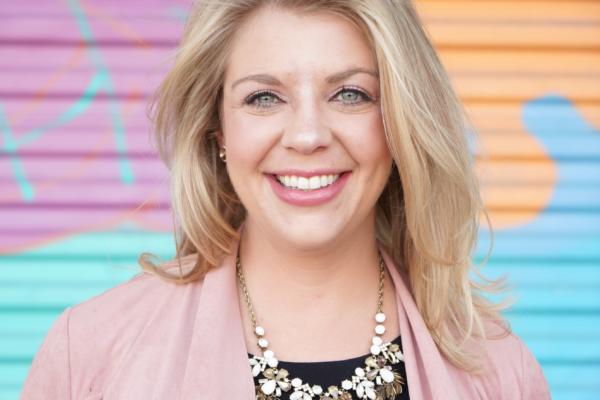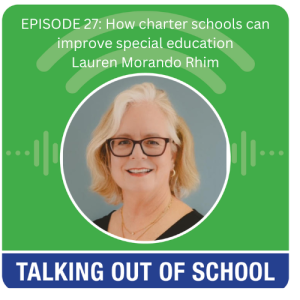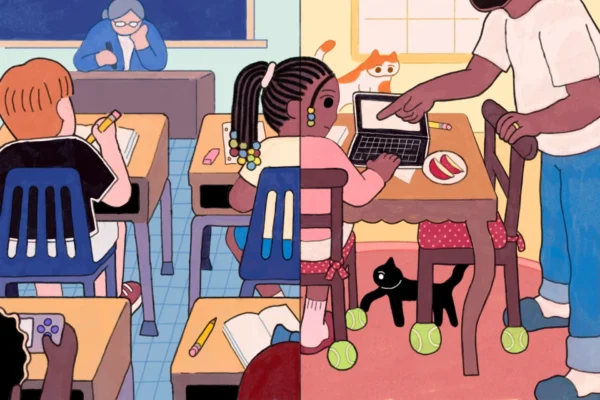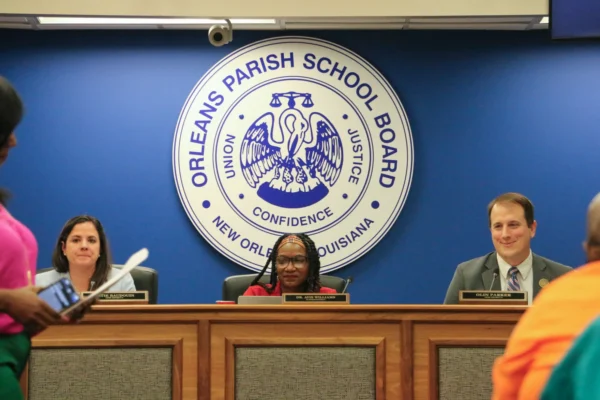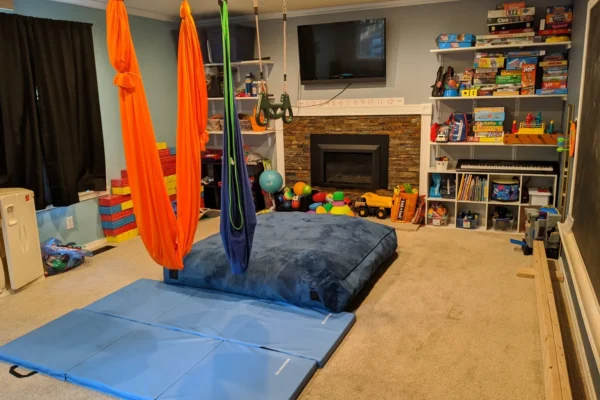Washington, D.C. – On Thursday, March 20, 2025, The Center for Learner Equity (CLE) joined the National Center for Learning Disabilities (NCLD), the Autism Society, the Council for Exceptional Children, and the Council of Parent Attorneys and Advocates (COPAA) for a virtual press conference discussing the unprecedented actions threatening the civil rights of students, particularly those with disabilities. Disability rights leaders discussed the consequences of dismantling the Department of Education and offered actionable next steps for families, educators, advocates, and policymakers. Jennifer Coco, CLE’s Interim Executive Director, spoke alongside: Dr. Jacqueline Rodriguez, CEO, NCLD Christopher Banks, President & CEO, Autism Society Denise Marshall, CEO, COPAA Chad Rummel, Executive Director, Council for Exceptional Children A recording of the press conference can be found here.
Washington, D.C.– The Center for Learner Equity (CLE) vehemently objects to moving the Individuals with Disabilities Education Act, or IDEA, from the U.S. Department of Education (ED) to the Department of Health and Human Services (HHS). In response to President Trump’s recent declaration, CLE reiterates that the current administration continues to overstep constitutional authority. Congress codified in law that the IDEA is administered by the U.S. Department of Education; therefore Congress is the only appropriate authority for such a decision. “Moving the IDEA to HHS is bad policy. The local equivalent would be consolidating a local public school district under the leadership of the local hospital system,” said Jennifer Coco, Interim Executive Director of CLE. “The IDEA is neither medical nor clinical. Education and health systems speak in entirely different languages, with variations in terminology, training, and disciplines. There is simply no place for an education program in a bureaucracy built for healthcare administration. CLE rebukes President Trump’s ill-conceived declaration, and urges Congress to ensure the education of students with disabilities remains with the educators.” Specifically, the IDEA recognizes 13 broad categories of disability that are explicitly defined by a child’s unique learning needs in school. The IDEA cannot be […]
Washington, D.C.– The Center for Learner Equity (CLE) denounces the Trump Administration’s Executive Order calling for the Secretary to facilitate the closure of the U.S. Department of Education (Department). Following the massive Reduction in Force (RIF) earlier in March, CLE condemns this administration’s continued efforts to weaken and ultimately eliminate the Department that ensures rights and protections for all of America’s children, especially children with disabilities. This Executive Order oversteps constitutional authority that belongs to Congress. While unenforceable, it creates panic and chaos for millions of public school students, educators, and schools. At a time when academic achievement in this country continues to flatline, abolishing the Department would put countless students at risk of losing necessary resources, supports, and protections for their education. “The intentional gutting of the institution charged with protecting children with disabilities is a tragedy,” said Jennifer Coco, Interim Executive Director of CLE. “The Department oversees the distribution of critical funding to states and monitors whether states, districts, and schools are lawfully implementing programs that support and protect students with disabilities. Without the expertise, dedicated personnel, and infrastructure of the Department, we lose critical safeguards needed to ensure children receive the education programs and services essential to […]
A recent District Administration “Talking Out of School” podcast explores how charter schools can improve support for students with disabilities, featuring insights from a two-year study by Lauren Morando Rhim, our Executive Director.
A recent District Administration “Talking Out of School” podcast explores how charter schools can improve support for students with disabilities, featuring insights from a two-year study by Lauren Morando Rhim, our Executive Director.
CLE’s executive director, Lauren Morando Rhim spoke with Vox about why many families are turning to homeschooling and microschools to better accommodate children with disabilities and learning differences.
CLE’s Senior Director of Strategy and Impact, Jennifer Coco, is quoted in the Axios New Orleans “New Orleans schools may centralize services for students with disabilities” article.
CLE’s Senior Director of Strategy and Impact, Jennifer Coco, is quoted in the “Charter school leaders support centralized approach to special education, report” from the New Orleans Public Radio.
Center for Learner Equity report reveals broad consensus from local schools to explore shared services amid deep concerns from families and schools about current challenges and inequities.
For many Washington families, navigating special education is a daily struggle that ends with disappointment and despair. Some Washington charter schools are upending this long-standing equation, giving parents and their children with disabilities something entirely different: hope for the future.



